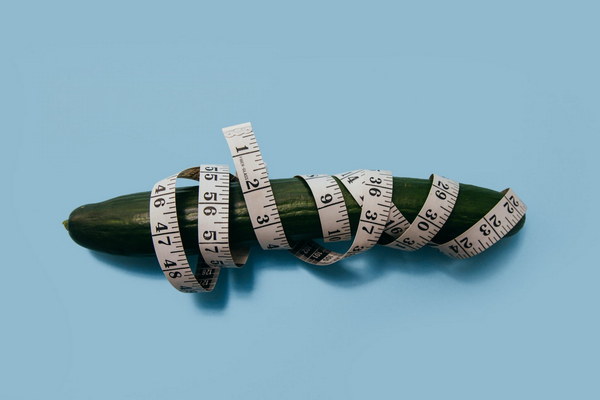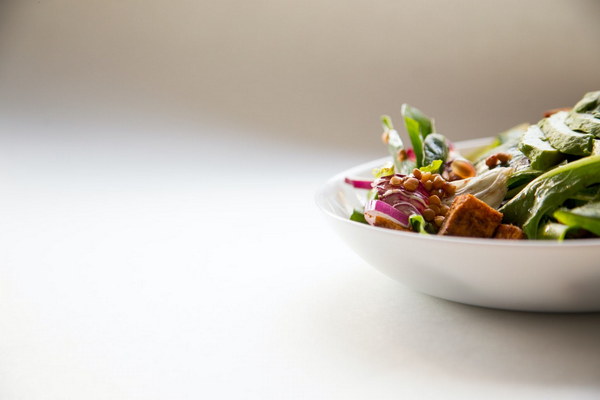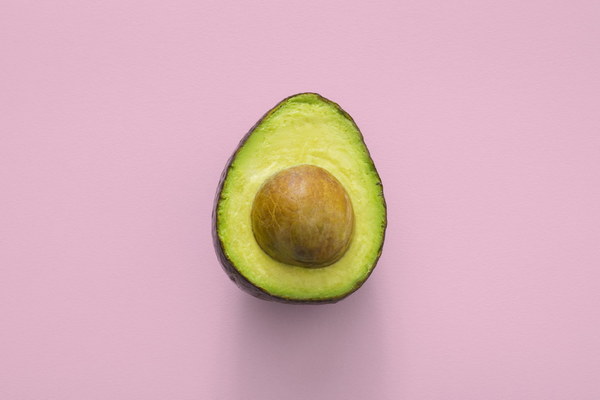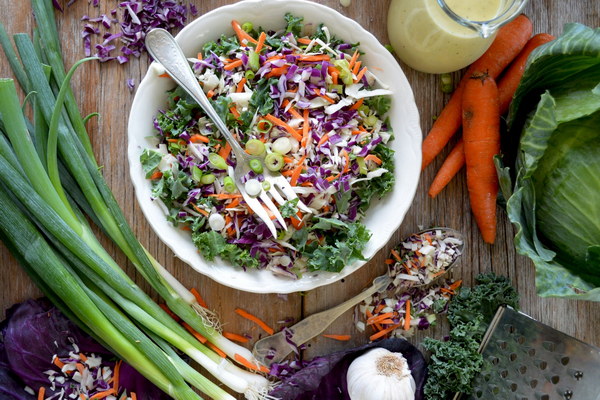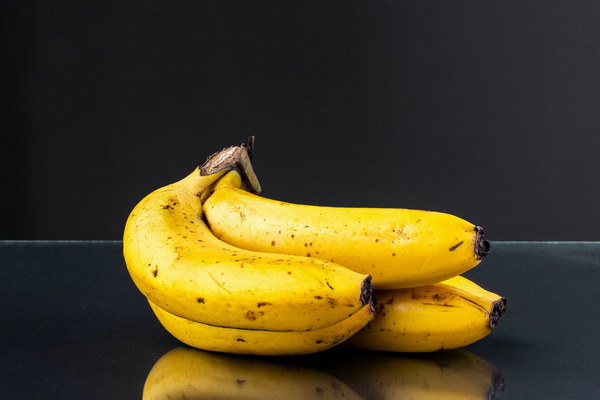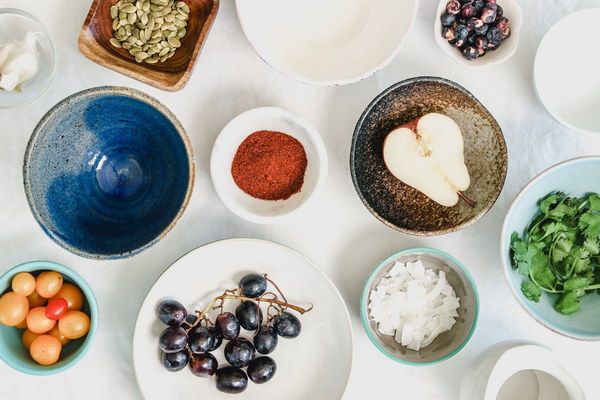Nutritional Remedies for Aortic Stenosis A Comprehensive Guide to Diet Plans
Aortic stenosis, a condition where the aortic valve narrows, can significantly impact heart function and overall health. While medical treatment is crucial, dietary adjustments can also play a vital role in managing this condition. This article delves into the nutritional remedies for aortic stenosis, offering a comprehensive guide to diet plans that can help improve heart health and alleviate symptoms.
Introduction to Aortic Stenosis
Aortic stenosis occurs when the aortic valve, which separates the left ventricle from the aorta, becomes stiff and narrow. This narrowing restricts blood flow from the heart to the rest of the body, leading to symptoms such as chest pain, shortness of breath, and fatigue. While there is no cure for aortic stenosis, diet can help manage symptoms and reduce the risk of complications.
Key Nutrients for Aortic Stenosis
1. Omega-3 Fatty Acids: Found in fatty fish like salmon, mackerel, and sardines, omega-3s have anti-inflammatory properties that can help reduce the risk of heart disease. They also improve blood flow and can lower blood pressure.
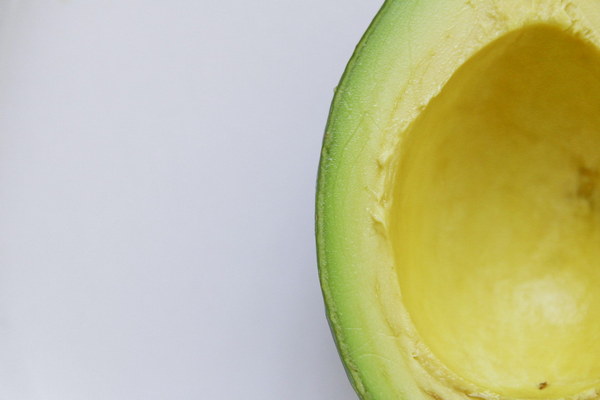
2. Magnesium: This mineral is essential for heart health and can help relax blood vessels, reducing blood pressure. Magnesium-rich foods include almonds, spinach, and avocado.
3. Potassium: Potassium is another important mineral for heart health, as it helps regulate blood pressure. Foods high in potassium include bananas, sweet potatoes, and oranges.
4. Fiber: A diet high in fiber can help lower cholesterol levels and reduce the risk of heart disease. Good sources of fiber include whole grains, legumes, fruits, and vegetables.
5. Antioxidants: These compounds protect against cellular damage and inflammation. Berries, dark chocolate, and green tea are excellent sources of antioxidants.
Dietary Recommendations for Aortic Stenosis
1. Balanced Diet: A diet rich in fruits, vegetables, whole grains, lean proteins, and healthy fats is essential. This ensures a wide range of nutrients to support heart health.
2. Limit Sodium Intake: Excessive sodium can lead to high blood pressure, which is a risk factor for aortic stenosis. Aim to consume no more than 2,300 milligrams of sodium per day, or less if recommended by your healthcare provider.
3. Reduce Saturated and Trans Fats: These fats can increase cholesterol levels and increase the risk of heart disease. Limit intake of fried foods, baked goods, and processed snacks.
4. Moderate Alcohol Consumption: If you consume alcohol, do so in moderation. Men should limit to two drinks per day, and women to one drink per day.
5. Stay Hydrated: Drinking plenty of water can help maintain healthy blood pressure and support overall heart health.
Sample Diet Plan for Aortic Stenosis
- Breakfast: Oatmeal with berries and nuts, a glass of low-fat milk or a fortified plant-based milk.
- Lunch: Grilled chicken breast, a side of quinoa, and a mixed green salad with olive oil dressing.
- Snack: A handful of almonds and an apple.
- Dinner: Baked salmon with steamed broccoli and brown rice.
- Dessert: A small serving of dark chocolate or a piece of fruit.
Conclusion
While diet alone cannot cure aortic stenosis, it can significantly improve the quality of life for those living with the condition. By focusing on a balanced diet rich in essential nutrients, individuals with aortic stenosis can support heart health, reduce symptoms, and lower the risk of complications. Always consult with a healthcare professional before making significant changes to your diet.
